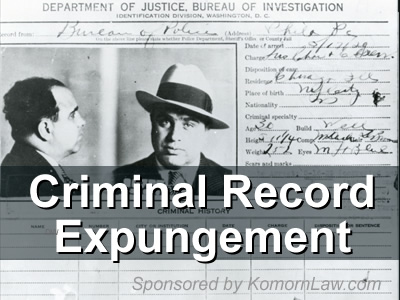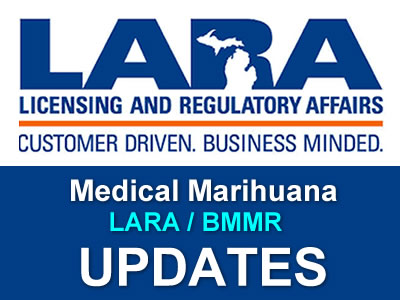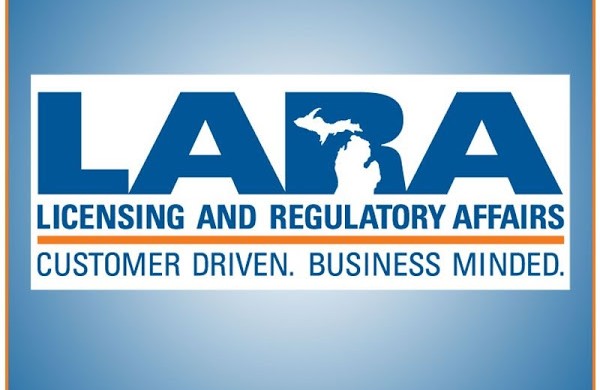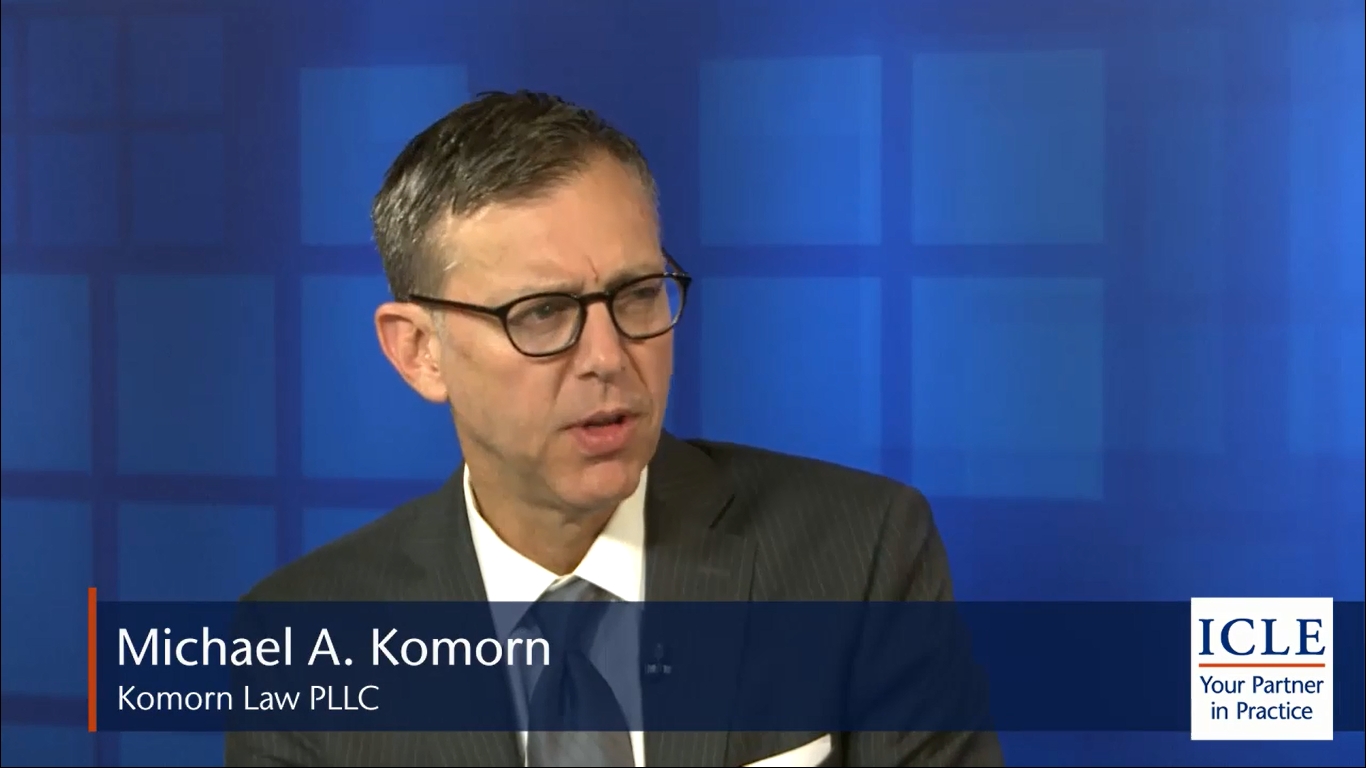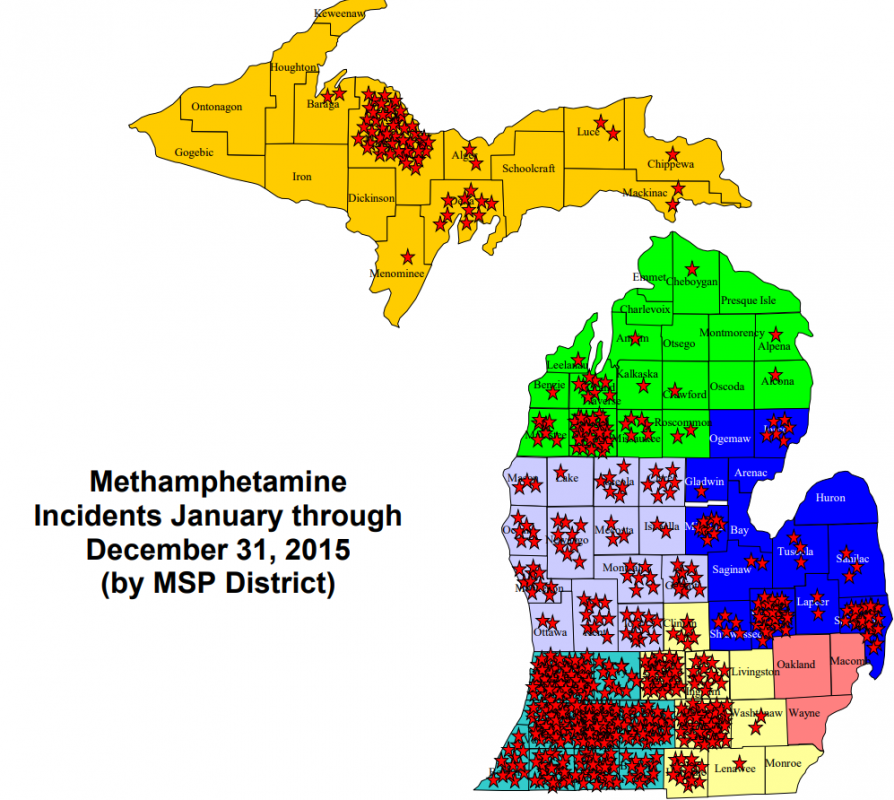
Oct 5, 2018 | Blog, Services
Assisting Those in the Marijuana Business
Michigan has had the Medical Marihuna Act in effect since 2008 and which has generated opportunities for those interested in owning or working in a business involving Cannabis.
With the possibility of marijuana becoming legal for recreational use, the State of Michigan is going to require specialized licensing in multiple categories to operate a Marijuana business.
Komorn Law Can Help.
At Komorn Law we have helped many clients through this process of obtaining licensing for the Medical Marihuana Facilities Act (MMFLA).
An example of some of the licenses available and some that may become available include:
- Provisioning Center Licensing
- Grow Licenses
- Cultivation Licenses
- Infused Product Licensing
- Occupation Licenses
- Transportation Licenses
Our attorneys can clarify the licensing and regulatory requirements and/or concerns.
There are many rules and regulatory issues that we can assist and advise you to be a legal patient or caregiver. Our attorneys also can help your marijuana business maintain compliance and grow safely though the changing laws.
Law Enforcement and the court systems prey upon the confusion cause by the laws and regulations. Komorn Law has assisted many clients both before and after encounters with Law Enforcement or regulators.
Non-compliance means penalties.
Failure to comply with rules and regulations can result in a list if infractions or penalties or even possibly legal charges against you and/or your business. This can slow down or posibly shut down your business for good.
Being proactive and not reactive can save you a lot of money and wasted resources.
It’s important before rather than after to make sure that you comply with Michigan’s laws: Failure to do so could make your facility a more appealing objective for the federal government.
Contact us today for help in understanding Michigan’s medical marijuana laws and the proposed recreational marijuana licensing programs. 800-656-3557.
Komorn Law has represented numerous clients through the legal chaos of starting up a business in the Michigan Medical Marihuana Industry as well as consulting and legal representation for Medical Maruhuana Patients and Caregivers.
If you or someone you know has been arrested as a result of Medical Marijuana, DUI, Drugs, Forfeiture, Criminal Enterprise or any other criminal charges please contact our office and ensure you’re defended by an experienced lawyer.
Attorney Michael Komorn is recognized as an expert on the Michigan Medical Marihuana Act. He is the President of the Michigan Medical Marijuana Association (MMMA), a nonprofit patient advocacy group which advocates for the rights of medical marijuana patients and their caregivers.
Contact us for a free no-obligation case evaluation 800-656-3557.
Follow Komorn Law
This page is for informational purposes only. Laws, regulations and the world change routinely, therefore we insist you consult an attorney for the most current legal information.

Aug 8, 2018 | Blog, Komorn Law Blog, Services
Do you have a criminal record?
Do you want to keep that criminal record? The time to get it expunged is now. The laws and the requirements have changed making it easier to remove that debacle from your life that you may or may not have done (but plead to it anyway). Get your future back in order and feel confident about filling out job applications, social activities and so much more.
Komorn Law can help you get rid of that criminal record
Call us us for a free no-obligation case evaluation 800-656-3557.
Explanation of Recent Changes to the Expungement Statute, MCL 780.621 et seq., amended by 2014 PA 463(eff. Jan 12, 2015)
1.16 The Former Criminal Expungement Rule.
The eligibility rules before 2011 were (1) that the offender had to have only one conviction on his or her record, (2) that the conviction was for an eligible offense, and (3) that the petition could not be filed until five years after the imposition of sentence or completion of incarceration, whichever was later. Ineligible offenses were those with a maximum penalty of life and attempts to commit those crimes, certain sex crimes and attempts to commit those crimes, and traffic offenses.
2011 Criminal Expungement Rule Change.
In June 2011, the legislature expanded the list of eligible offenders but narrowed the list of eligible offenses. An eligible offender included an individual with a single conviction on his or her record and also an individual who had one felony conviction and not more than two “minor offense” convictions. “Minor offense” was defined as an offense committed before the offender’s 21st birthday and for which the maximum penalty was not more than 90 days and a fine of not more than $1,000. The list of ineligible offenses was expanded to include child sexually abusive activity, using the Internet or computer to commit a crime, and attempts to commit those crimes. 2011 PA 64 (eff. June 23, 2011).
2015 Criminal Expungement Rule Change.
Once again, the legislature expanded the list of eligible offenders but narrowed the list of eligible offenses. The legislature also changed the timing rules and expanded the definition of “misdemeanor” and “felony” conviction to include deferred and diverted matters.
Practical Implications
1.17 Eligible Offender. As of January 12, 2015, an eligible offender includes (1) an individual with a single conviction, (2) an individual with one felony conviction and two misdemeanor convictions, or (3) an individual with no felony convictions and two misdemeanor convictions. In the second scenario, the offender may petition to expunge the felony conviction alone. In the third scenario, the individual may petition to expunge one or both misdemeanor convictions. MCL 780.621(1)(a)–(b), .624.
Eligible Offenses. An individual may not petition for the expungement of a felony conviction for which the maximum penalty is life imprisonment or attempts to commit those crimes, certain sex crimes and attempts to commit those crimes (including child sexually abusive activity; second degree child abuse; CSC first, second, third, and fourth degree; and assault with intent to commit CSC), and traffic offenses including drunk driving. The list also includes human trafficking convictions and a felony domestic violence conviction if the offender has a prior misdemeanor domestic violence conviction. MCL 780.621(3).
CSC Fourth Degree. If the offender was convicted of CSC fourth degree before January 12, 2015, the individual may petition to expunge this conviction if the individual has no more than two “minor offenses” on his or her record (see the definition of “minor offense” above). There is no relief for a CSC fourth degree conviction entered after January 12, 2015. The statute is unclear about what happens for a CSC fourth degree conviction entered on January 12, 2015. MCL 780.621(1)(c).
Misdemeanor Conviction. This term is now defined to include misdemeanor offenses under a penal law of this state, another state, an Indian tribe, the law of the United States, a local ordinance, etc. It also includes misdemeanor and felony matters deferred or dismissed under certain liquor code provisions, drug court diversions, veterans court diversions, HYTA, MCL 333.7411, domestic violence diversion, parental kidnapping diversion, and certain health care violations. MCL 780.621(2), (16)(f).
Felony Conviction. For purposes of the offense to be set aside, this term applies to Michigan crimes for which the maximum penalty is more than one year or crimes that are designated by law to be a felony. For purposes of determining the offender’s prior record, this term includes convictions from this state, another state, or the United States if the offense is punishable by imprisonment for more than one year or is designated by law to be a felony. MCL 780.621(16)(c).
Five-Year Wait. Previously, the individual was not allowed to file a petition until five years from the date of sentencing or five years from the completion of incarceration, whichever was later. Now, the five-year period runs from the completion of probation; the completion of parole; the completion of a prison sentence if no parole is granted (or is revoked); the completion of a jail sentence if no probation is imposed; or the date of sentencing if there is no incarceration, probation, or parole. MCL 780.621(5).
Renewed Petitions. If the application is denied, it may not be refiled for at least three years unless the court specifies an earlier date in the order denying the application. MCL 780.621(6).
Prostitution Convictions.Effective January 14, 2015, an individual may petition to expunge one or more prostitution convictions under MCL 750.448, .449, and .450, if the individual can prove by a preponderance of the evidence that the crime was committed as a direct result of being a victim of human trafficking (i.e, forced prostitution). There appears to be no limit on the number of prostitution convictions that may be expunged, and there is no time limitation for the filing of the petition (i.e., it may be filed without a five-year wait). MCL 780.621(4), (7), (13), amended by 2014 PA 335 (eff. Jan 14, 2015).
Minor Offense.This term is now relevant only for CSC fourth degree convictions entered before January 12, 2015. “Minor offense” means a misdemeanor or ordinance violation committed before the age of 21 with a maximum penalty not to exceed 90 days and a maximum fine not to exceed $1,000. MCL 780.621(1)(c).
Komorn Law has represented numerous clients through the legal chaos of starting up a business in the Michigan Medical Marihuana Industry, the criminal justice system and criminal record expungement.
If you or someone you know is facing charges as a result of Medical Marijuana, DUI, Drugs, Forfeiture, Criminal Enterprise, etc. Please contact our office and ensure you’re defended by an experienced lawyer in the evolving laws.
Lead attorney Michael Komorn is recognized as an expert on the Michigan Medical Marihuana Act. He is the President of the Michigan Medical Marijuana Association (MMMA), a nonprofit patient advocacy group which advocates for the rights of medical marijuana patients and their caregivers.
Contact us for a free no-obligation case evaluation
800-656-3557.
Follow Komorn Law

Feb 4, 2018 | Services
Michael Komorn is an expert in the Michigan Medical Marihuana Facilities Licensing Act, the Michigan Medical Marihuana Act and the Marijuana Tracking Act.
Call Komorn Law PLLC today if you are interested in working within the Michigan medical marijuana business industry. We offer expert planning and advice for all MMFLA applicants, employees and related services including Certified Public Accountants and financial institutions.
Combined with Komorn Law PLLC’s expert criminal defense services, we can help you maximize profits, minimize risk and liabilities and ensure that you are in compliance with all laws, rules and regulations.
The Platinum Standard is Komorn Law’s fully articulated and encompassing plan for MMFLA applicants and businesses.
Included within the plan:
- Business formation plans to maximize profits and minimize liability.
- Instructions and certification plans for a healthy, clean and safe medical marijuana product
- Compliance and regulation monitoring and mentoring
- Day to day business forms, plans, ideas
- Employee/Employer forms, contracts, timesheets, etc
- Marketing and advertising
- Tax and financial expertise
Komorn Law PLLC also can advise Certified Public Accountants who are interested in working with MMFLA applicants. When your professional license is on the line, contact the expert medical marijuana firm Komorn Law PLLC.
https://komornlaw.com/mmfla-all-forms/

Jan 16, 2018 | Blog, Criminal Defense Attorney Michael Komorn, Services
Bill Schuette, the current Michigan Attorney General, is waging war against Meth users, dealers and labs. Innocent people get swept up with meth crimes when police run field tests on any powdery substances, frequently returning false positive results.
Komorn Law can defend Michigan and Federal charges of methamphetamine possession , methamphetamine use and methamphetamine manufacture.
Michigan law has the following jail penalties for Methamphetamine:
- Meth Manufacturing: 20 year Felony, $25,000 fine or both.
- Purchasing more than 3.6 grams of Ephedrine or Pseudoephedrine in one day or more than 9 grams in a 30 day period is a misdemeanor with a penalty up to 93 days in jail, a $500 fine, or both.
- Possession of more than 12 grams of Ephedrine or Pseudoephedrine is a felony punishable by 2 years imprisonment, $2,000, or both.
- Possessing Meth is a felony, with a max penalty of 10 years, a $15,000 fine, or both.
- Persuading someone to purchase ephedrine or Pseudoephedrine while knowing that it will be used to manufacture methamphetamine : one year in prison and a $1,000 fine, or both.
- Use of Methamphetamine: 1 year in prison, a $2,000 fine, or both.
- Delivery of Meth: 20 years in prison, a $25,000 fine, or both.
- Possessing laboratory or providing labratory equipment to a person is a Felony max 10 years in prison, $100,000 or both.
- Operating a methamphetamine laboratory within 500ft of another occupied building or in the presence of a child is a felony punishable by 20 years in prison, a $100,000 fine, or both.
Gov Snyder signed more laws against methamphetamine in 2016.
Any person attempting to persuade someone to purchase ingredients for methamphetamine will be issued a $1,000 fine and could spend up to one year in prison.
There also will be a five-year “stop sale alert” on individuals convicted of soliciting the sale of ingredients.
Increasing penalties for those who manufacture meth near libraries or schools also will be enforced under the new legislation
http://www.detroitnews.com/story/news/local/michigan/2017/05/04/meth-michigan-schuette/101301876/
Posters paid for by the Consumer Healthcare Productions Association, a trade group representing medicine manufacturers, will be distributed to pharmacists and retailers reminding the public that “police take NAMES… and make ARRESTS” for buying medications to make meth.
“If you are a runner, if you’re one of the helpers for these meth cooks, you do the crime, you’ll spend some time,” Schuette said. “The whole point is we want to alert folks that the meth epidemic is real.”
Michigan implemented a precursor database in 2011 that tracks pseudoephedrine purchases and prohibits over-the-counter sales if an individual has exceeded allowable limits in a 24-hour or month-long period.
That database helped block sales of more than 8,700 boxes of cold and allergy medicine in 2016, said sponsoring Sen. John Proos, R-St. Joseph. The system discourages illegal behavior but balances consumer access to legal medication, he said.
But the real-time tracking database is having little effect on the availability of pseudoephedrine to meth lab operators, according to a 2016 report by the Michigan State Police. Rather, evidence suggests smurfing has significantly increased since the database legislation was passed.
“Smurfers frequently use fraudulent or stolen identities to make these purchases,” according to the report. “This makes real-time electronic tracking ineffective in stopping the statewide illegal manufacture of methamphetamine.”
Schuette and Proos said it is incumbent upon retailers and pharmacists who use the database to properly check driver’s licenses or state identification cards.
“It’s a two-way responsibility,” Schuette said. “Everybody bears responsibility on this, whether it’s a fake ID for buying pseudoephedrine or a fake ID for buying alcohol. There is responsibility on the retailers and the pharmacists, no doubt about it.”
The Real-Time Tracking Database had little effect on meth labs?
Yet more wasted resources and tax payer dollars from Governor Rick Snyder and the Michigan Legislature.
Wayne county methamphetamine charges?
Oakland county methamphetamine charges?
Macomb county methamphetamine charges?
Washtenaw county methamphetamine charges?
Monroe county methamphetamine charges?
Livingston county methamphetamine charges?
Call Komorn Law PLLC to defend these misdemeanors and felonies.


